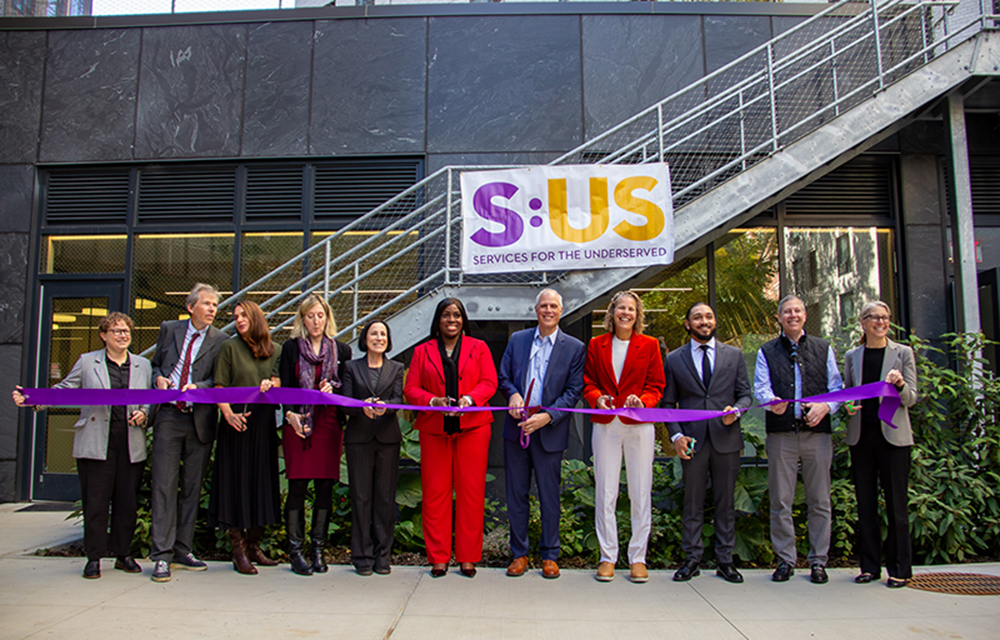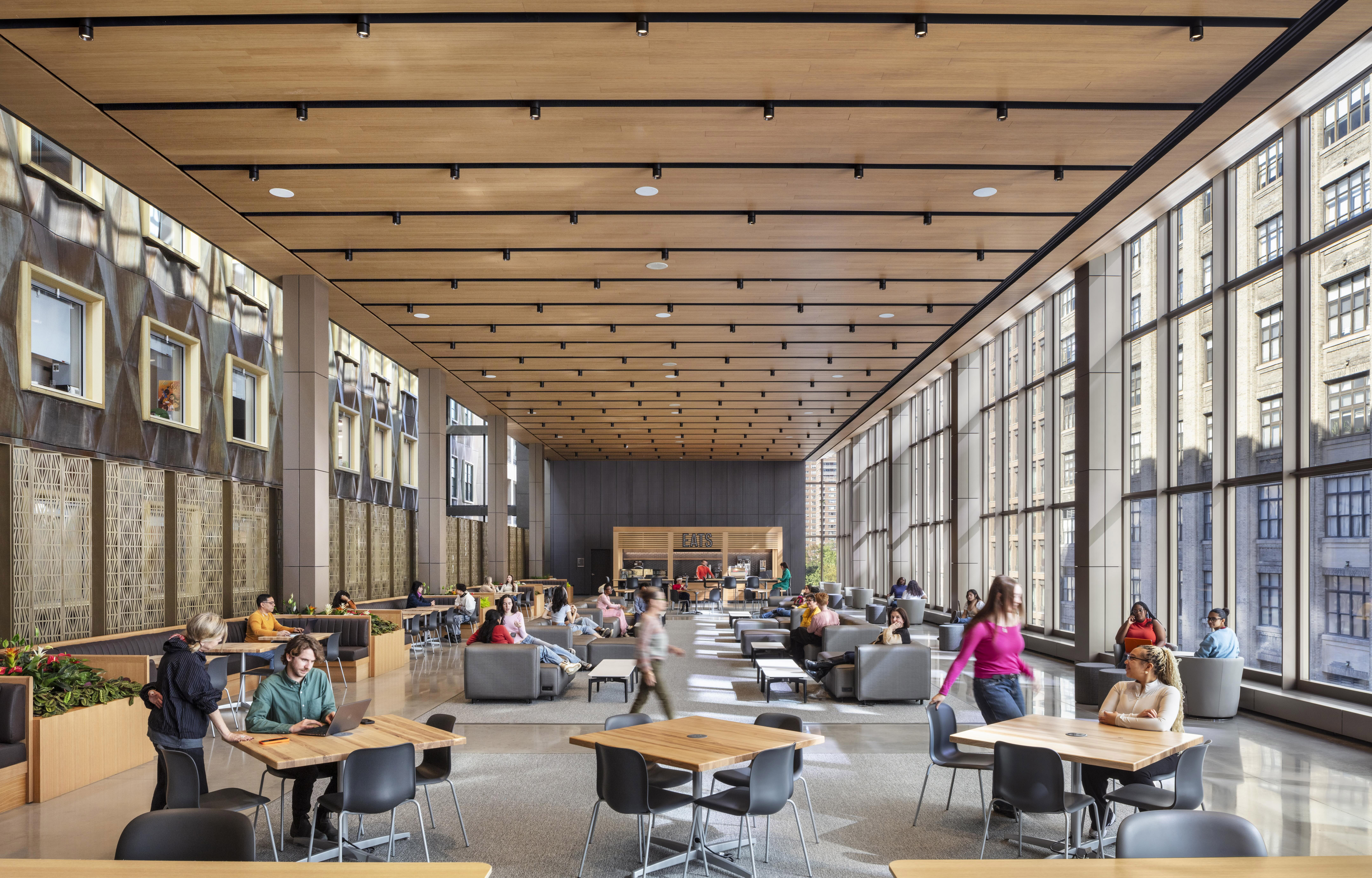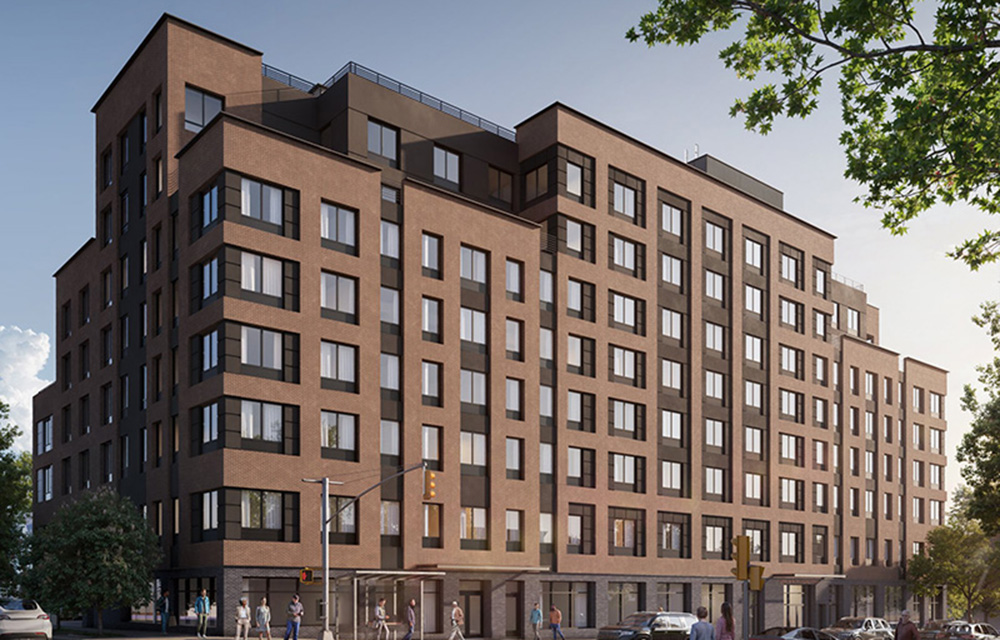HVAC industry a driving force throughout 2021 - by Jack Conway

With 2022 before us, the heating, ventilation and air conditioning (HVAC) industry is continuing to evolve and identify new ways to bring the country more innovative solutions. With the worst of the COVID pandemic hopefully behind us, much of this year has been spent developing and implementing strategies to both reopen offices and better protect our communities. Gil-Bar has remained on the forefront of these efforts, expanding its reach and exploring the safest and most sustainable methods of providing its services.
Our industry has played a particularly critical role over the past year due to the heightened emphasis on indoor air quality (IAQ) and sustainable practices that were implemented throughout the pandemic. IAQ was certainly an important issue prior to 2020, it has since become a critical component of virtually every indoor space in as workers attempted to return to their offices and individuals searched for avenues to return to indoor activities. This required the HVAC industry to adopt an aggressive approach and utilize new and existing technologies as they emerged while also working within stricter, safer and more responsible guidelines on the local, state and national levels. As a result of the newfound emphasis on our industry, the market is expected to reach $16.56 billion by 2026–an increase of roughly 44.6 percent over 2020.
Rising to New Challenges
Gil-Bar has embraced this aggressive approach, continuously adding some of the country’s most talented HVAC and construction professionals to its team throughout the year. Also, reflective of our commitment to providing a broad scope of services to locations across the country, Gil-Bar expanded into a new Philadelphia office. This expansion, announced alongside our Climate Control Group partners ClimateMaster, ClimaCool, ClimateCraft and the International Environmental Corporation, was the latest development in our mission to provide HVAC solutions that prioritize maximizing successful project delivery and client satisfaction. Our growth was also aligned with the growth of the industry as a whole; even without considering the pandemic, issues such as climate change have resulted in more extreme temperatures–particularly in the summer and winter–resulting in a renewed sense of urgency regarding how individuals and businesses can overcome these issues and maintain comfortable living and working conditions. Coinciding with addressing these issues was the need to do so sustainably, leading to an emphasis being placed on electrification and de-carbonization, through products such as geothermal heat pumps and thermally-driven air conditioning units. These technologies not only help address the existing issue of more extreme temperatures but also allow housing and commercial units to do so in a way that contributes to their cities’ climate change goals.
Adapting to Evolving Laws & Regulations
Gil-Bar was proud to perform this extensive work while adhering to new laws and regulations and maneuvering the dire supply chain issues that have also come about as a result of the pandemic. Over the past two years, members of the construction industry in particular have been placed in the position of consistently planning for last-minute supply chain delays that can sometimes last months. While these delays are the fault of no one person, they have regardless been a significant hindrance when attempting to plan our project schedules and determine which materials can and should be used when undergoing new construction. One of the methods our firm employed to address this issue was a marked increase in modular construction; this method of assembling parts off-site has allowed us to better adhere to project schedules, reduce costs and overhead and greatly mitigate risks of Covid transmissions due to fewer workers on site at one time. This strategy has also proven to be particularly effective across the healthcare industry, which continues to play a vital role in our emergence from the pandemic era.
Collaboration, Education and Motivation
To do our part in fostering this increase in industry growth, Gil-Bar was also proud to launch the Gil-Bar Academy this year. This continuing development program is designed to offer HVAC industry professionals a wide and diverse array of courses on the topics of IAQ, energy efficiency and local code requirements for energy systems, commissioning and PDH credits. Particularly in light of the still-evolving Department of Energy codes and construction requirements surrounding best practices, the Gil-Bar team understands that we simply cannot do everything ourselves. The Gil-Bar Academy is a testament to this belief, offering in-person and virtual classes that elevate the knowledge bases of HVAC professionals and ensure that engineering teams are prepared for these changes.
Over the past two years, the HVAC industry has received a tremendous responsibility as leaders in the effort to create a safer and more sustainable world. Our industry has risen to this challenge, implementing new technologies and ambitiously expanding to help our country adapt to the world around us and better prepare for the future. Gil-Bar has proudly taken this notion a step further, educating HVAC professionals throughout the country and promoting the ideal that collaboration and education are the keys to building a brighter future. Looking towards 2022, our team is certain that these efforts, in addition to the exemplary work being performed by our peers around the world, will continue to prove why the HVAC industry is the engine that drives economic growth, health and safety initiatives and the greater construction and real estate industries.
Jack Conway is a vice president at Gil-Bar Health and Life Sciences, New York, N.Y.
Troutbrook expands with boutique condo project and Marriott Fairfield Inn & Suites renovation








.gif)
.jpg)
.gif)
.gif)